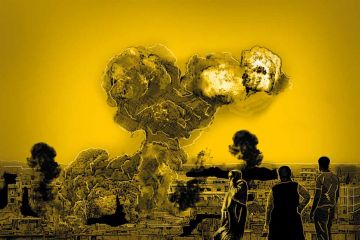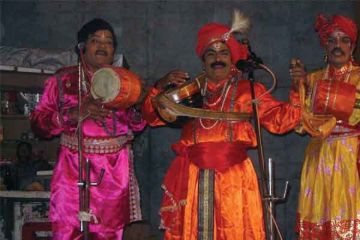
The phrase “jail episode” slides casually into the
conversation, almost as an afterthought, so that for a moment, I thought I’d
misheard. Did she say jail?
Between mouthfuls of daal-roti, tells
the story,“There was a dharna at the admin building, must have been 1999. The
NDA government tried to bring in some new rules. It became a big issue. So the
police picked us up.”
For students at Jawaharlal Nehru University (JNU), protests
were par for the course and arrest meant bein
Continue reading “The birth of a political affinity”
Read this story with a subscription.





